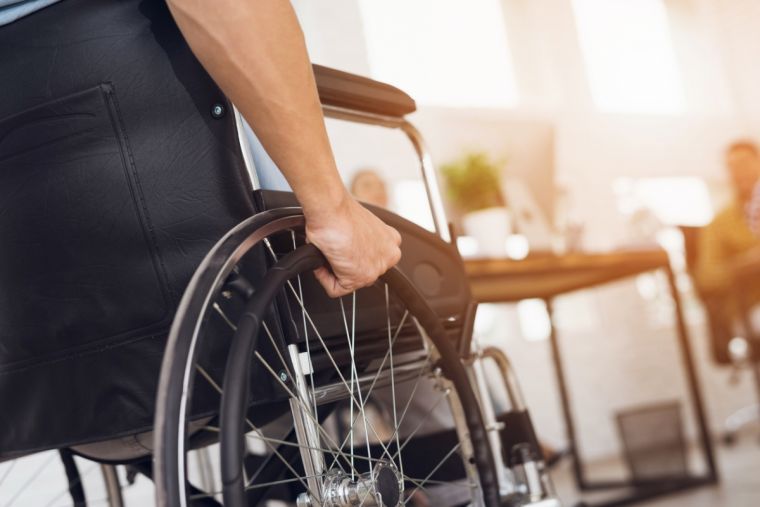What is ableism and why should the Church care?

We have lots of words that end with 'ism', like racism, ageism, sexism and so on. But did you know that disability also has an 'ism'?
It's called 'ableism' and it's a word used a lot in the various disability communities. Yet it doesn't seem to be used in common language like the other 'ism' words.
It refers not just to hate crime towards disabled people or lack of access, but also disabled people being given medical 'do not resuscitate' orders without permission.
It covers not being able to get a job where a requirement to be able to lift a heavy weight is in the job description, even though the job is a data input role where you will never have to lift anything heavy.
It's in schools where a child who needs regular hospital visits isn't allowed to go to a special event, just because their attendance record isn't good enough.
It's used in situations commonly known as 'micro aggressions'. These are small things to some, but big for others. Like having to produce personal documentation about your disability or provide a doctor's letter - that you've had to pay for - just to get a wheelchair space at a concert, for example.
When we say 'ableism', we could be referring to millions of situations across the world that affect the lives of deaf and disabled people.
So how are we doing in Church with this?
What sort of ableism do we see there? Are there any ableism micro aggressions around?
I must admit I often miss some of them myself, usually because I've become so used to those little things that make life harder. I tend to just shrug and carry on. But I see others mention them - referring to them as ableism.
As I hear what many Christian disabled people say, I can see more than I've noticed before.
But the biggest one is the silence of the Church about these things and the fact that blatantly obvious ableism rarely raises a corporate eyebrow. Churches will light a candle for this 'ism' or change their profile picture for another one. Many will use hashtags for other 'isms'.
For ableism? Nothing. We never have our day where people learn about the atrocities of the past and present that have been committed against millions of disabled people.
I can understand that 'micro aggression' ableism may be missed by those who don't know people who have disabilities. But surely, we must wonder why people with disabilities comment on this stuff so much? Or have we just closed our ears to it because it's inconvenient?
We need to check our ableism. It may not be intentional. In fact, it's most likely we didn't even realise that some things are a problem for our disabled brothers and sisters. But we need to take notice.
To close, I'll tell some stories about 'the small things'. They're about me, because I have permission to share those!
I've gone to so many meetings over the years with my ministry role. I've also not gone to many meetings over the years because the venues were not accessible.
In many meetings, I'm the only disabled person in the room. With one in five people having a disability, there should be a lot more.
Most meetings don't have inclusive language or practices. I've lost count of the times the host has demanded we all stand or that everyone move forward, or asked all attendees to step up on the (inaccessible) platform to pray for someone.
I've also lost count of the times I've left the room in tears because a simple lack of thought has excluded me and my wheels from things I hold precious. If it was once, fine. If twice, I can cope. But this has been a constant drip over 30 years of ministry, with me sitting at the back of the room watching everyone else do stuff - stuff that with just a little thought could be accessible for everyone.
Kay Morgan-Gurr is Co-Founder of the Additional Needs Alliance, part of the Evangelical Alliance Council. She is a visually impaired wheelchair user and blogs at www.ThePonderingPlatypus.com. Follow her on Twitter @kaymorgan_gurr











